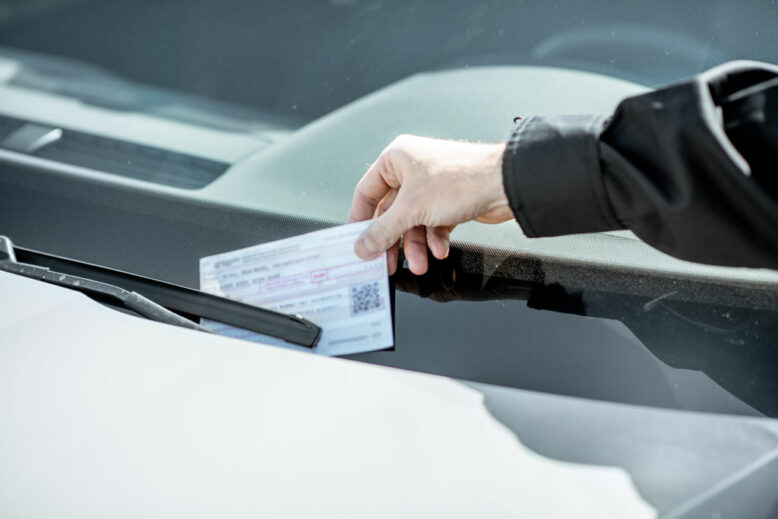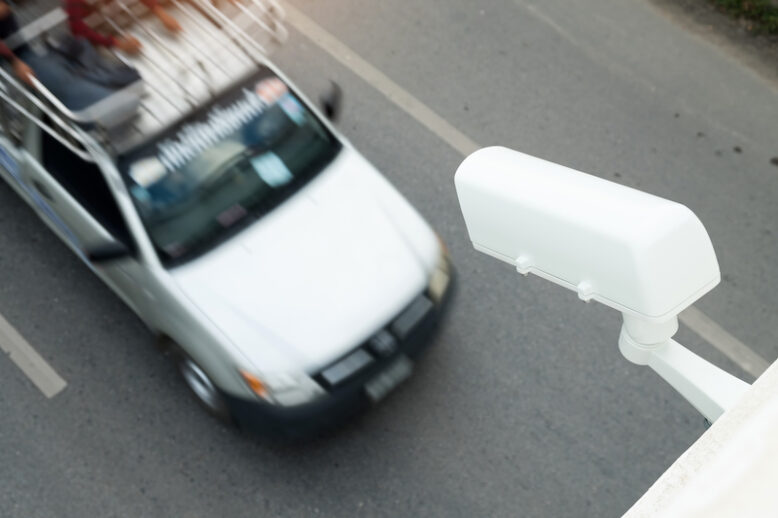The last time I received a multa was when I was driving home, going perhaps five kilometres over the speed limit. The police car was hidden from view by a bend in the road, so he could easily catch anyone in too much of a hurry to reach their final destination. That €60 punishment was all the incentive I needed to never speed again!

Multa is a feminine noun, derived from the Latin multa, and the plural form is multe.
la multa
the fine
una multa
a fine
le multe
the fines
delle multe
(some) fines
Some of the most common reasons for receiving a multa include:
- going at an excessive speed (eccesso di velocità or velocità eccessiva)
- going through a red light, which can be translated figuratively as bruciare il semaforo (rosso) with bruciare meaning to burn
- when unauthorised vehicles enter historic centres (centri storici), limited traffic areas (zone a traffico limitato – ZTL), pedestrianised areas (aree pedonali), and so on
- the car is parked in a no-parking zone (divieto di sosta)
Ho preso una multa salata perché ho lasciato la macchina in divieto di sosta.
I received an expensive fine because I left my car in the no-parking zone.

From multa comes the verb multare, which means to fine or to give a ticket.
Multa is the most common word used by Italians in an everyday context, but you’ll also hear synonyms such as contravvenzione, ammenda and sanzione.
Multe are generally given by a vigile (traffic policeman) or ausiliario del traffico (traffic warden), also known as vigilino in slang Italian (literally little ‘vigile’). If you get a fine for failing to show your bus or train ticket, it will be given by the controllore (ticket inspector).
These days, it is very common for offences such as speeding to be picked up by speed cameras and traps, known as Autovelox and Tutor in Italian. The Tutor calculates the average speed of a car between two different locations.
Occhio che su questa strada ci sono un sacco di autovelox. Se superi il limite di velocità, ti beccherai di sicuro una multa!
Be careful as there are a lot of speed cameras on this road. If you go over the speed limit, you will definitely get a fine!

Heather Broster is a graduate with honours in linguistics from the University of Western Ontario. She is an aspiring polyglot, proficient in English and Italian, as well as Japanese, Welsh, and French to varying degrees of fluency. Originally from Toronto, Heather has resided in various countries, notably Italy for a period of six years. Her primary focus lies in the fields of language acquisition, education, and bilingual instruction.


